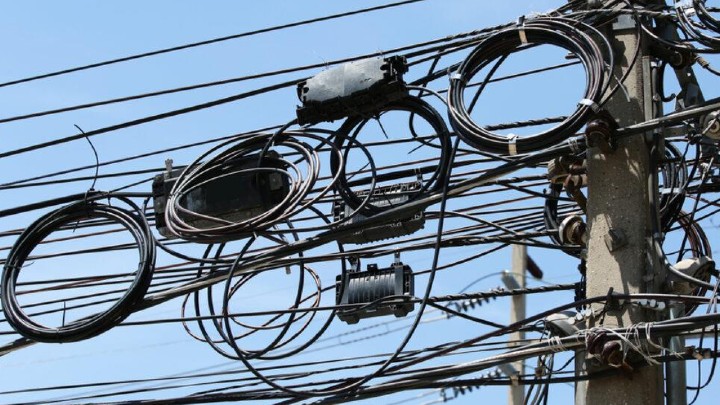At Connected Britain in London, Rob Chambers, the managing director of Total Telecom, argued that the public shouldn’t have to think about connectivity at all: it should just work. He noted that Connected Britain has evolved from a conversation about fiber rollout into a broader discussion about what people actually do with connectivity and how it supports daily life.
Chambers emphasized that the event is technology-agnostic, mirroring Total Telecom’s wider, U.S.-style approach to industry gatherings. While the UK market is in more advanced stages in some areas, he cautioned that North America has led in adopting low-Earth orbit (LEO) satellite technologies, whereas Europe has been slower to embrace them. He predicted that the connectivity landscape in the United Kingdom will become even more complete over the next five years.
“I’ve banged the drum a long time for the fact that the public shouldn’t have to think about connectivity. It should just work,” Chambers said, underscoring a push for greater user-centric design in broadband services. He said it is increasingly difficult to consider what people don’t use connectivity for, focusing instead on what people do with it.
Looking ahead, Chambers called for broader participation from emerging sectors. “We’ll start seeing more around things like smart grids, more around sustainable energy, more around cybersecurity and protection of infrastructure,” he explained, signaling a shift toward connectivity-enabled infrastructure and resilience.
Connected Britain, an annual showcase in London, gathers thousands of industry experts, policymakers, and innovators driving the UK’s digital transformation. Chambers contrasted it with similar U.S. events such as Connected America and the Broadband Communities Summit, noting both are technology-agnostic and focused on advancing connectivity ecosystems on a broader scale.

















![[AS2716] Universidade Federal do Rio Grande do Sul](https://r2.isp.tools/images/asn/2716/logo/image_100px.png)
![[AS52888] Universidade Federal de São Carlos (4 probes)](https://r2.isp.tools/images/asn/52888/logo/image_100px.png)
